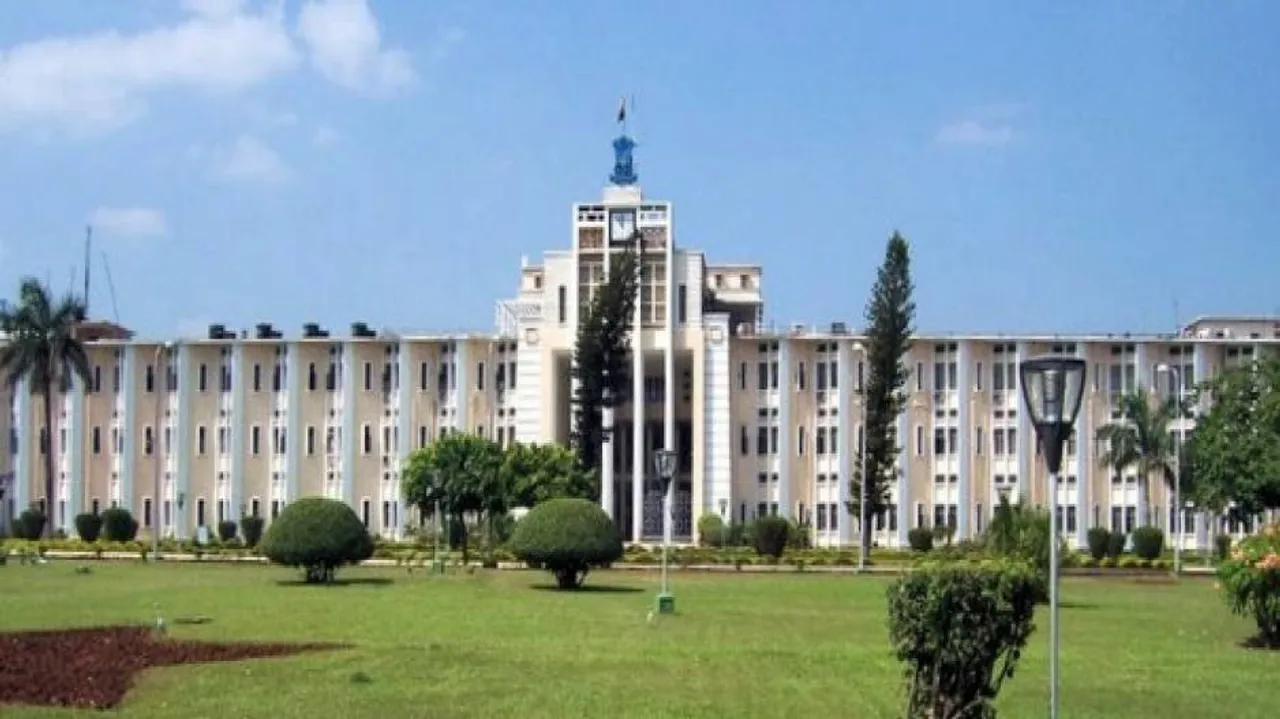New Delhi, Aug 20, 2025: What was once India’s fastest-growing digital entertainment sector is now staring at a decisive turning point. The Lok Sabha has passed the Online Gaming Bill, triggering a sweeping overhaul that could reshape the country’s $3.7 billion online gaming industry.
While the legislation has been hailed as a landmark for esports, it has also sparked alarm across real-money gaming (RMG) platforms such as Dream11, Games24x7, Winzo, My11Circle, and GamesKraft, which form the backbone of the industry’s revenues.
What the Bill Proposes
The draft law seeks to regulate online gaming platforms under a structured framework and curb illegal betting activities that have grown in recent years. Key provisions include:
-
A ban on all money-based online games — whether based on skill or chance.
-
Prohibition of advertisements for such platforms.
-
A directive for banks and financial institutions to block transactions linked to real-money games.
-
Strict penalties, including fines and jail terms of up to three years for violators.
The bill was prompted by rising cases of fraud linked to betting apps and their aggressive celebrity-driven promotions.
RMG Sector at Risk
India’s gaming market, projected to grow from $3.7 billion today to $9.1 billion by 2029, is powered largely by RMG platforms, which account for 86% of industry revenues.
Industry data shows:
-
Current enterprise valuation: ₹2 lakh crore+
-
Annual revenue: ₹31,000 crore
-
Tax contributions: ₹20,000 crore
-
Growth rate: 20% CAGR
A blanket ban could erase this growth trajectory overnight, leaving the industry on the brink of collapse.
The Case for Esports
Esports leaders have welcomed the legislation, which clearly separates competitive gaming from betting.
“This bill marks a historic turning point for Indian esports. By drawing a clear line between skill-based competitive gaming and betting, it safeguards the integrity of our ecosystem while opening doors for structured growth,” said Animesh ‘Thug’ Agarwal, Co-founder, S8UL.
“The government’s intent to recognize and promote esports is encouraging. But the bill must clearly define the distinctions between esports, social gaming, and money gaming for effective implementation,” noted Akshat Rathee, Co-founder and MD, NODWIN Gaming.
Industry Pushback
The All India Gaming Federation (AIGF) has strongly opposed the bill, warning of catastrophic fallout:
“Such a blanket prohibition would strike a death knell for this legitimate, job-creating industry, and cause serious harm to Indian users and entrepreneurs. Progressive regulation, not prohibition, is the way forward,” the AIGF said in a statement.
What Lies Ahead
With the bill now moving closer to becoming law, India’s online gaming sector finds itself split. Esports sees recognition and growth, while real-money platforms face an existential crisis.
The next steps — whether in implementation, amendments, or industry pushback — will determine whether this becomes a story of structured growth through regulation or a collapse through prohibition.










